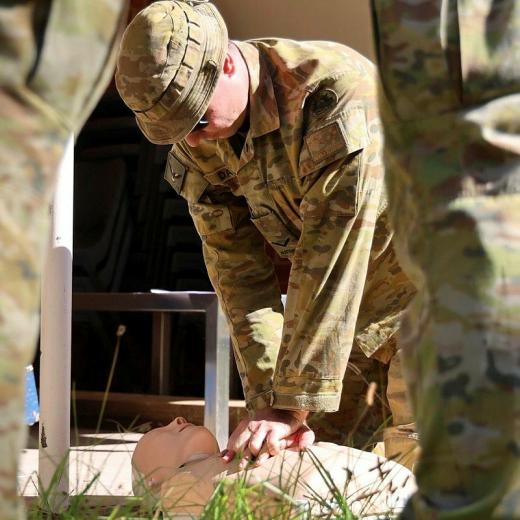BLUF
We all have habits—good and bad. But how can we more easily form healthy habits? The first step is learning the science of habit formation.Summary
This article by Arash Emamzadeh, writing for Psychology Today, identifies the following six points:
- Habits do not depend on goals. A habit is simply repeating past behaviour. Overeating, exercising and nail-biting can all be considered habits.
- Context cues trigger habits. They can be internal (stress or hunger) or external (an advertisement or the presence of others).
- Habits are learned through repetition.
- Habits are automatic. They are goal-independent and cued by specific contexts (e.g., hunger).
- Reinforcers and rewards strengthen behaviours and facilitate habit formation.
- Habit change takes time. One study found habit formation takes anywhere from 18 to 254 days.
References
Recent Runway Posts related to this topic:
References from the Web:
- JAN 2022 The Science of Forming Healthy Habits—Discover Magazine
- APR 2022 Building Healthy Habits When You’re Truly Exhausted—HBR
Source: Psychology Today
- Source: Psychology Today Australia: Health, Help, Happiness + Find Counselling AU
- Media Check: Psychology Today - Media Bias/Fact Check (mediabiasfactcheck.com)
- RAAF RUNWAY: RATIONALE, GUIDELINES, LEARNING OUTCOMES, ETC |





